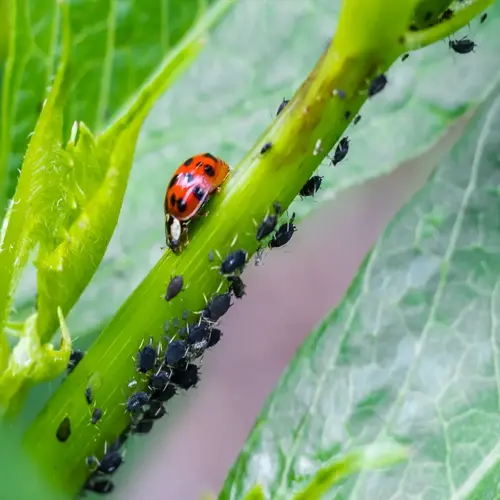Can cover crops improve garden productivity?

Written by
Tina Carter
Reviewed by
Prof. Samuel Fitzgerald, Ph.D.Cover crops can greatly enhance productivity for gardeners by improving soil naturally and conserving resources. They can strengthen fertility without synthetic chemicals, while also reducing watering needs. I have transitioned my vegetable garden to this method, achieving healthier plants with less effort over the course of the seasons.
Soil Fertility Enhancement
- Legumes fix nitrogen naturally reducing fertilizer needs
- Increased earthworm activity improves nutrient cycling
- Organic matter additions build rich productive soil
Water Management
- Living mulch reduces evaporation by 35%
- Improved soil structure increases water retention
- Less frequent watering required during dry spells
Pest and Disease Control
- Flowering varieties attract beneficial insects
- Diverse ecosystem balances pest populations
- Disease suppression through improved soil biology
Soil protection between crops is extremely valuable. Cover crops reduce erosion during fallow periods and help control weeds. I grow crimson clover after my summer harvests. It keeps the beds protected through the winter while naturally fixing nitrogen for spring vegetables.
Biodiversity enhances natural pest control management. The increase in flowering covers attracts ladybugs and lacewings, and they both effectively manage aphids. I had less damage from bean beetles since unveiling my sweet alyssum flowering covers. This biological balance can minimize or eliminate the need for pesticides.
Begin with buckwheat in succession of cash crops, sown in warm soil. Buckwheat is fast-growing! Buckwheat will produce organic matter for you if you till it under before flowering! By the end of one season, your garden soil darkens and becomes crumbly, just as you want it. The amount of plant density will increase, and weeding time will decrease to 80% or less of the original time.
For optimal success, use cover crops in conjunction with crop rotation. Use nitrogen-fixing clover first, then heavy growers, such as tomatoes, afterwards. Cover crops can be a source of organic nutrients, and a consistent program helps build soils that can produce a plentiful yield with minimal cost.
Read the full article: Cover Cropping Benefits for Sustainable Farming

